Does THCa Get You High? A Look at the Potency of THCa

THCa is one of the most common cannabinoids found in raw cannabis, but it doesn’t actually cause a high on its own. That only happens once it’s exposed to heat. This chemical change is what makes smoking or vaping cannabis so different from eating it raw.
Before heat is applied, THCa remains in its non-psychoactive form. It’s only through a process called decarboxylation that THCa converts into THC, the compound responsible for the high most people associate with cannabis. That’s why you can eat raw cannabis without feeling much, yet that same flower, once lit or vaporized, creates an entirely different experience.
Knowing how THCa behaves helps explain everything from edibles to juicing to the science behind concentrates. If you’ve ever wondered why raw cannabis doesn’t hit the same, this is the reason. Let’s take a closer look at how THCa works and what it really does.
Key Takeaways
-
THCa is the non-psychoactive form of THC found in raw cannabis.
-
Heat is required to activate THCa and convert it into THC through decarboxylation.
-
Raw THCa products like tinctures and juice offer potential benefits without a high.
-
Temperature plays a major role in determining the effects of activated THCa.
-
THCa sits in a legal gray area that varies from state to state in the US.
-
Different product formats include THCa flower, concentrates, and edibles, each with unique use cases.
-
Browse Mellow Fellow’s THCa collection to find products tailored to your preferred experience.
THCa Molecular Structure Explained: Why It Doesn’t Get You High
THCa, or tetrahydrocannabinolic acid, is what you’ll mostly find in fresh, raw cannabis. It’s the chemical precursor to THC, but it won’t cause a high unless it’s heated. The key reason comes down to structure.
THCa has an extra piece called a carboxyl group that makes the molecule bulkier and more polar. Because of this, it doesn’t fit into your brain’s CB1 receptors the way THC does. In fact, scientific data shows THCa has almost no binding ability with those receptors, while THC fits right in and triggers the psychoactive effects.
To become THC, THCa needs to go through decarboxylation. This happens when heat removes that extra carboxyl group. It typically starts around 200°F (93°C) and hits peak efficiency at about 220°F (104°C). Within 30 to 45 minutes at that temperature, roughly 87% of the THCa gets converted into THC.
So while raw cannabis might look and smell potent, it’s actually chemically inactive in terms of getting you high, until you spark it, bake it, or vape it.
Raw THCa: Effects and Non-Psychoactive Benefits
When you consume raw THCa through fresh cannabis juice, cold-pressed tinctures, or other unheated products, you won’t feel high. That’s because THCa hasn’t been activated through heat, so it doesn’t interact with the brain the same way THC does.
Instead, early research suggests THCa may offer a variety of potential health benefits without the intoxication. One area gaining attention is its anti-nausea potential.
Unlike THC, which can cause anxiety in some users, raw THCa appears to help reduce nausea while keeping your head clear. This makes it a promising option for people who need symptom relief without the mental fog.
Some users also report feeling gently relaxed or sleeping more soundly after consuming high doses of raw THCa.
THCa has also shown promising anti-inflammatory and neuroprotective properties in early research. These effects suggest it may help reduce inflammation in the body and support healthy brain function. Because THCa can cross the blood–brain barrier, it may play a role in protecting nerve cells from damage and helping the brain respond better to stress or age-related changes.
These subtle effects may stem from how THCa interacts with other receptors in the body, or from tiny amounts of THC that form naturally through slow, low-level decarboxylation over time. However, this internal conversion is minimal and doesn’t cause a noticeable high.
Heat-Activated THCa: When Cannabis Gets Psychoactive
When you add heat to THCa, everything changes. This raw, non-psychoactive compound transforms into THC, the one responsible for the euphoric effects people associate with cannabis. That’s why smoking, vaping, or cooking THCa-rich flower results in a noticeable high, even though the raw material contains very little THC on its own.
The magic behind this shift is a process called decarboxylation. When THCa is heated, it loses a carboxyl group and becomes THC. The temperature you use plays a big role in how much THCa is converted, and it also influences the type of experience you’ll have.
Lower temperatures create a lighter, more balanced effect. Higher heat boosts the psychoactive punch.
THCa Activation Temperature Guide
Here’s a quick reference showing how temperature affects THCa activation and the kind of experience you might expect:
|
Temperature Range |
Conversion Rate |
Expected Effects |
|
200-220°F (93-104°C) |
30-50% |
Mild relaxation |
|
250-300°F (121-149°C) |
60-75% |
Moderate euphoria |
|
350-400°F (177-204°C) |
85-95% |
Full psychoactive effects |
Bioavailability studies indicate that vaporized THCa-to-THC conversion delivers approximately 30-35% absorption rates, compared to 15-20% for edibles made with decarboxylated THCa. This difference stems from first-pass metabolism effects and the rapid absorption of vaporized cannabinoids through lung tissue.
Mellow Fellow Product Spotlight: THCa 2g Budder Jar – Kush Cake (Sativa)
The THCa 2g Kush Cake Budder Jar from Mellow Fellow is a premium concentrate designed for experienced cannabis enthusiasts who crave bold effects and a clean, flavorful hit.
This sativa-dominant extract is crafted using high-terpene full-spectrum extract (HTFSE) and packs 1800mg of THCa per jar, delivering powerful psychoactive effects when activated by heat.
What It Is
This is a potent, whipped-style concentrate known as “budder.” It has a smooth, creamy texture that’s easy to work with and ideal for vaporization or dabbing. The strain, Kush Cake, leans sativa and is known for producing a lively, euphoric buzz with earthy, citrusy undertones. It’s perfect for mid-day sessions when you want to stay productive and uplifted.
What To Expect
Expect a clean, high-potency experience that kicks in fast. The flavor profile blends sweet vanilla with subtle herbal notes, thanks to the preserved terpenes. You’ll likely feel mentally refreshed, physically energized, and ready to tackle the day, or just enjoy it more fully.
How To Use It
This budder is best consumed with a dab rig or temperature-controlled vaporizer. Start with a small dab to assess your tolerance. Ideal heating temperatures range from 315°F to 400°F for optimal THCa activation and terpene flavor retention.
Mellow Fellow’s Kush Cake Budder is federally legal, lab-tested, and ships discreetly, making it a reliable, powerful, and flavorful choice for your concentrate stash.
Learn how Delta 9 compares to THCa right here.
Legal Considerations and Market Implications
THCa sits in a curious legal gray area. Under the 2018 Farm Bill, only Delta 9 THC is used to define what qualifies as legal hemp. Since THCa is non-psychoactive in its raw state and doesn't count toward Delta 9 content, many THCa-rich products technically meet the federal definition of hemp as long as they stay under the 0.3% Delta 9 threshold.
This distinction has created a surge in hemp-derived products that act like traditional cannabis when heated. THCa flower is a prime example. Though legally hemp, it becomes fully intoxicating once smoked or vaporized, giving users a classic cannabis experience without breaking federal law.
However, state regulations vary. Some states calculate “total THC” by including THCa, while others only look at Delta 9 levels. As a result, THCa’s legality depends heavily on location. Consumers must understand their local laws before purchasing or using any THCa-based product.
For the cannabis industry, THCa opens new doors. It allows companies to develop potent, federally legal products for states without recreational cannabis laws. This has fueled rapid growth in THCa flower, vapes, concentrates, and edibles in hemp-friendly markets.
THCa Product Types and Consumption Methods

THCa is now available in a wide range of product formats. Each type has different strengths, potencies, and ways to use it, depending on how much THCa you want to activate.
Related Products
THCa Flower
THCa flower is the most common and versatile option. It can be used raw for wellness purposes or heated for psychoactive effects.
High-quality flower typically contains 15 to 25% THCa, converting to about 13 to 22% THC after decarboxylation. Look for well-cured buds with strong aroma and minimal discoloration.
THCa Concentrates
THCa concentrates like budder or crystalline offer a much more potent experience. These products can reach up to 95% THCa and are usually vaporized or dabbed for immediate effect.
Since they also preserve terpenes and minor cannabinoids, they’re popular among experienced users who prefer fuller, more complex effects.
THCa Edibles
Edibles made with THCa require careful preparation. If you want a psychoactive effect, the THCa must first be activated through heat.
Tinctures and capsules made with raw THCa offer a non-intoxicating alternative, while decarbed edibles provide a slower but longer-lasting high. Proper timing and temperature are key to getting the most from these products.
THCa Product Activation Methods
|
Consumption Method |
Activation Level |
Onset Time |
Duration |
|
Raw consumption |
0-5% |
N/A |
4-6 hours |
|
Low-temp vaping |
30-60% |
2-5 minutes |
1-3 hours |
|
Smoking/High-temp vaping |
85-95% |
1-3 minutes |
2-4 hours |
|
Decarbed edibles |
90-95% |
30-120 minutes |
4-8 hours |
Quality THCa products maintain proper storage conditions to prevent premature degradation. Light, heat, and oxygen exposure gradually convert THCa to THC even without intentional activation, potentially altering product potency over time.
Professional manufacturers use nitrogen packaging, cool storage, and light-resistant containers to preserve THCa integrity.
Choosing the Right THCa Experience
Finding the right THCa product depends on your goals, your comfort level with cannabis, and how you like to consume it. Some people prefer THCa for wellness support, while others use it as a legal alternative to traditional THC.
For those new to THCa, raw products like tinctures, capsules, or even fresh cannabis juice are a great place to start. These formats offer potential benefits without causing a high.
Many users report gentle relief from inflammation and nausea, especially when taken consistently over time. Doses typically range from 10 to 50 milligrams per day, with effects building gradually.
If you’re looking for psychoactive effects, THCa needs to be heated through a process called decarboxylation. Smoking, vaping, or cooking THCa flower will convert it into active THC. Pre-rolls are an easy way to try this, while concentrates are better suited for experienced users who want stronger results.
For more control over your experience, temperature-adjustable vaporizers are ideal. Lower temps around 315°F allow partial activation, giving you a mix of raw THCa and THC effects. This method can offer both a gentle mental lift and some of the wellness perks associated with raw cannabinoids.
Final Thoughts: Does THCa Get You High?
THCa on its own will not get you high. The psychoactive effects only kick in once heat is applied and THCa converts into THC through decarboxylation. That’s why raw cannabis products like tinctures and juice provide wellness support without the buzz, while smoked or vaped THCa delivers the full cannabis experience.
This simple chemical shift explains the difference between sipping on raw flower and lighting it up.
THCa offers a rare blend of potential health benefits, legal flexibility, and versatility in how it can be used. Whether you're curious about the science, interested in new product formats, or exploring alternatives to traditional cannabis, THCa has something to offer. Just make sure to check your local laws before diving in.
Ready to experience THCa's unique benefits? Browse our complete THCa budder collection.
Frequently Asked Questions
Can THCa Turn Into THC Without Heat?
Yes, but only in small amounts. Over time, exposure to light, air, and heat can cause THCa to gradually convert to THC, even during storage. Proper packaging helps slow this process.
Is THCa Legal Everywhere in the United States?
No. While THCa may qualify as hemp under federal law, some states include it in total THC calculations, making it restricted or illegal in those areas. Always check local regulations first.
What Is the Best Way to Store THCa Products?
Keep them in cool, dark, airtight containers. Avoid exposure to sunlight, high heat, or oxygen, as these factors can accelerate decarboxylation and reduce product potency over time.
How Long Do the Effects of THCa Edibles Last?
If fully activated, effects can last anywhere from 4 to 8 hours. The onset is slower than smoking, typically taking 30 to 120 minutes depending on your metabolism and dosage.
Can You Mix THCa With Other Cannabinoids?
Yes. Some users combine THCa with CBD or CBG for added wellness effects without increasing the high. This can help create a more balanced or targeted experience depending on your goals.
Sources
Explore Other Articles
View allExplore more
- 11 hydroxy thc
- Blends
- blunt
- burn blend
- cannabinoids
- cartridge
- CBD
- cbg
- CBN
- Charged Blend
- Clarity Blend
- Concentrates
- Connection Blend
- Creativity Blend
- Dabs
- decarb
- decarboxylation
- delta
- delta 10
- delta 11
- delta 8
- Delta 8 thc
- delta 9
- delta 9 thc
- Delta-10-THC
- Delta-11-THC
- delta-8
- Delta-8-THC
- Delta-9-THC
- delta9
- Desire Blend
- destination series
- Diamonds
- disposable
- disposable vape
- Dream Blend
- dry january
- edibles
- elevate blend
- entourage
- entourage effect
- entourage effects
- Euphoria Blend
- focus
- gummies
- H4CBD
- halloween
- hemp
- hemp beverage
- hemp-derived
- HHC
- HHCp
- HTE
- Indica
- Introvert Blend
- Joint
- lean
- legal
- Live Resin
- Live Resin cartridges
- m-fusions
- mechoulam
- momentum blend
- Motivation Blend
- one hitter
- preroll
- productivity
- raphael mechoulam
- Recover Blend
- Relief
- sleep
- strain review
- terp sauce
- Terpenes
- Thanksgiving
- thc
- THC beverage
- THC Drink
- thc lean
- thc-p
- THCa
- THCa Flower
- THCb
- THCh
- THCm
- thcp
- THCp edibles
- THCp flower
- THCv
- the elevate blend
- The Energy Blend
- The Happy Blend
- The Illuminate blend
- the momentum blend
- The Rest Blend
- Tranquility Blend
- vape
- vape cartridge
- Vapes
- wax
- wellness
- zkittlez


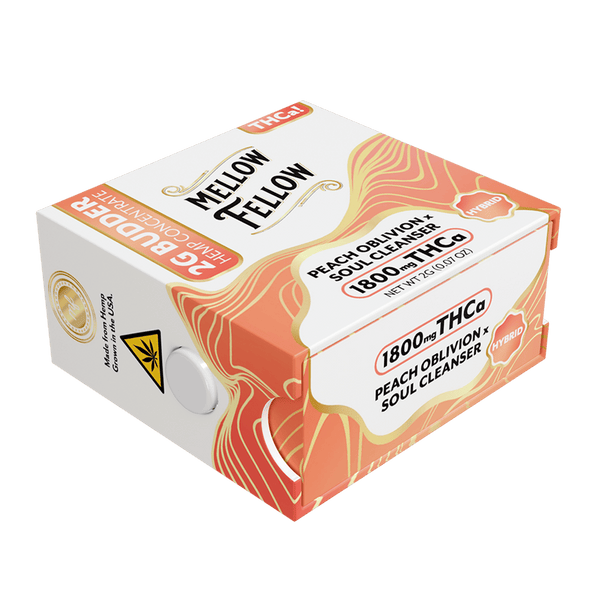
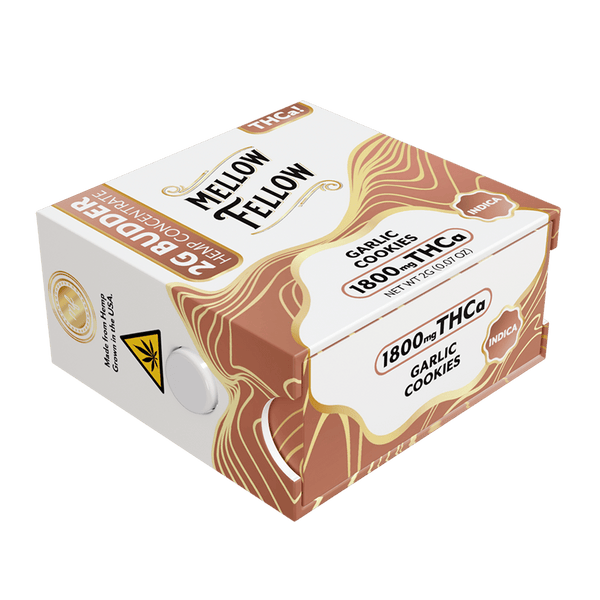
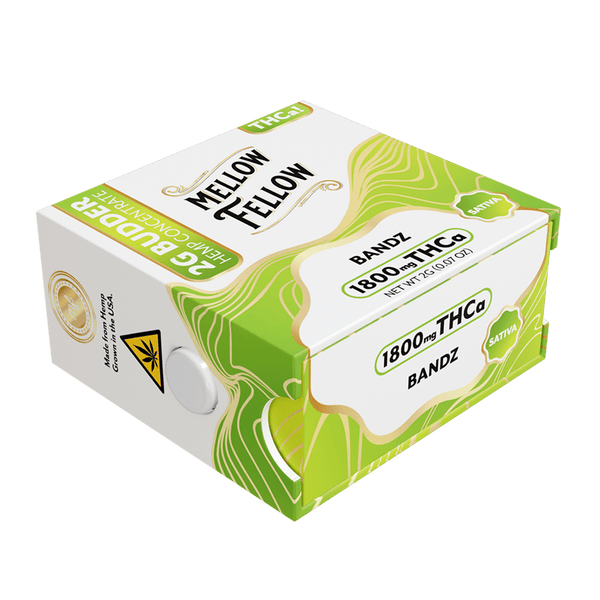
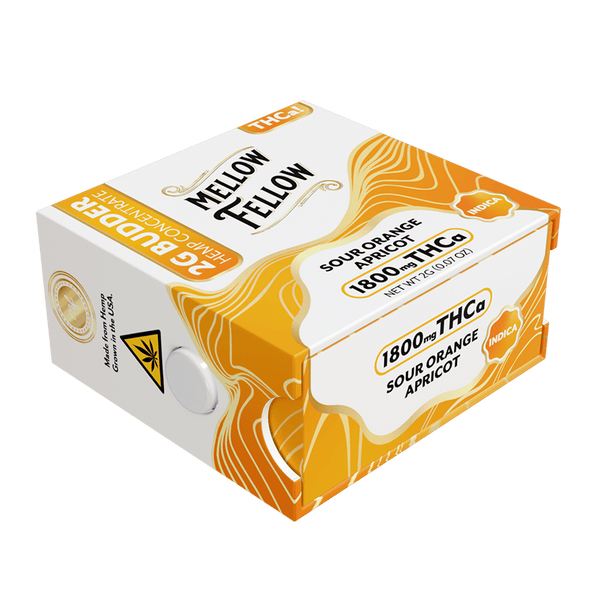
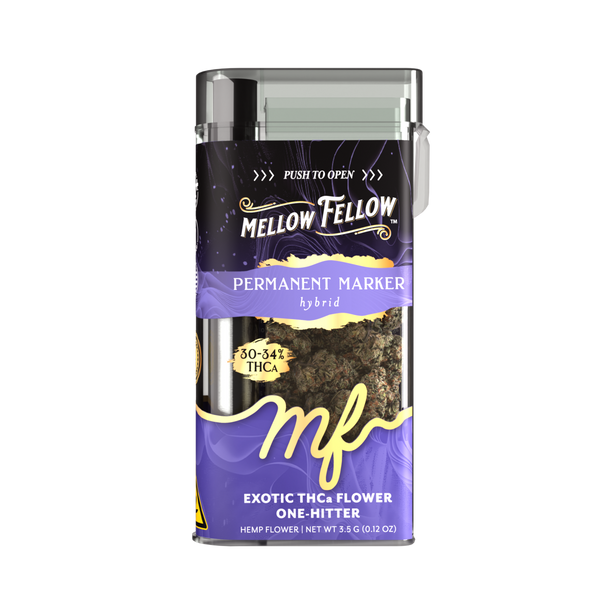
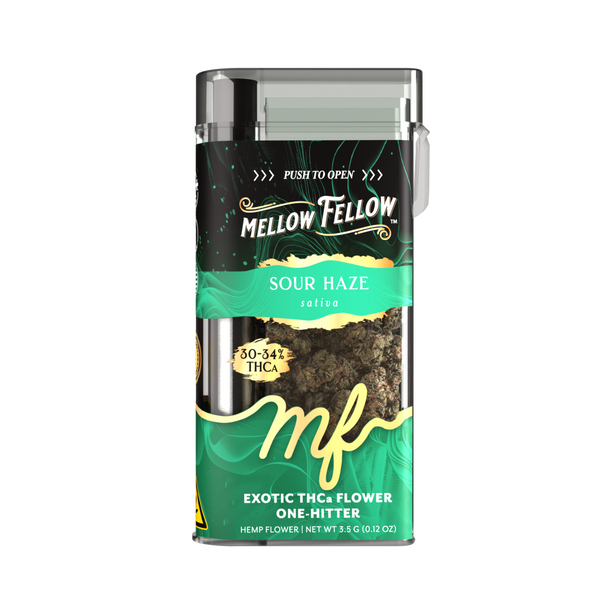










Leave a comment